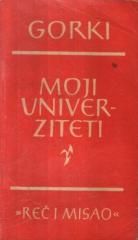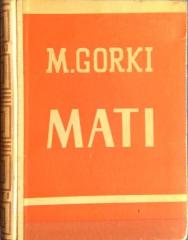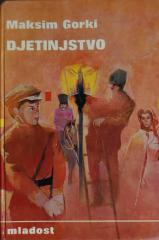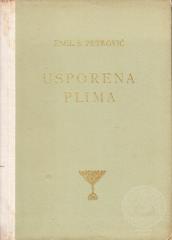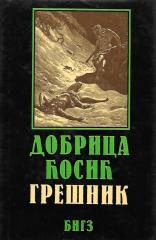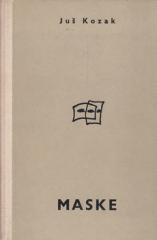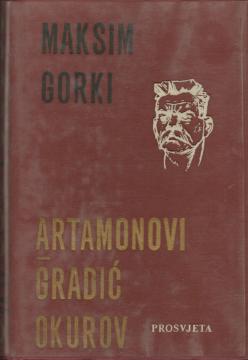
Artamonovi / Gradić Okurov
The novel "Artamonovi" is one of the most significant works of Maxim Gorky, published in 1925. The story "Gradić Okurov" is a short novel or novella written by Gorky in 1909.
The novel Artamonovi follows three generations of the Artamonov family, showing the rise and fall of the family in the context of social changes in Russia.
The story begins with the first member of the family, Iljo Artamonov, a former peasant who leaves his native village and founds a small textile factory in a small provincial town. Ilja is ambitious and hardworking and manages to acquire wealth and position. His success is based on the exploitation of workers and a firm belief in his own abilities.
The next generation, led by his sons, takes over the business, but their attitude towards the workers and the work becomes increasingly cold and callous. Gradually, the family loses contact with reality and becomes a symbol of the decadence of the bourgeoisie. Workers begin to demand their rights, and the factory becomes a scene of conflict between the owners and the working class.
The third generation of the Artamons is facing the complete disintegration of family and business. Due to social and political changes in Russia, including the coming of the revolution, the family loses everything that the generations before them had created. The end of the novel reflects the inexorable decline of the bourgeoisie in the face of the onslaught of historical changes.
The work Gradić Okurov depicts the life of the small provincial town of Okurov and its inhabitants, focusing on the monotony, stagnation and moral decadence of society.
The action takes place in Okurovo, a small town where social relations are frozen in time. The inhabitants are shown as uninterested in change, while the city symbolizes the grayness and drudgery of provincial life. The characters are morally indecisive, unable to rise above their own everyday life. Any possibility of change is met with resistance and apathy, which shows the social sluggishness of the Russian provinces.
The central characters often face internal conflicts between their desires for a better life and the reality that holds them back. Gorki masterfully uses the small town as a microcosm to depict the problems of wider Russian society before the revolution.
No copies available
The last copy was sold recently.
